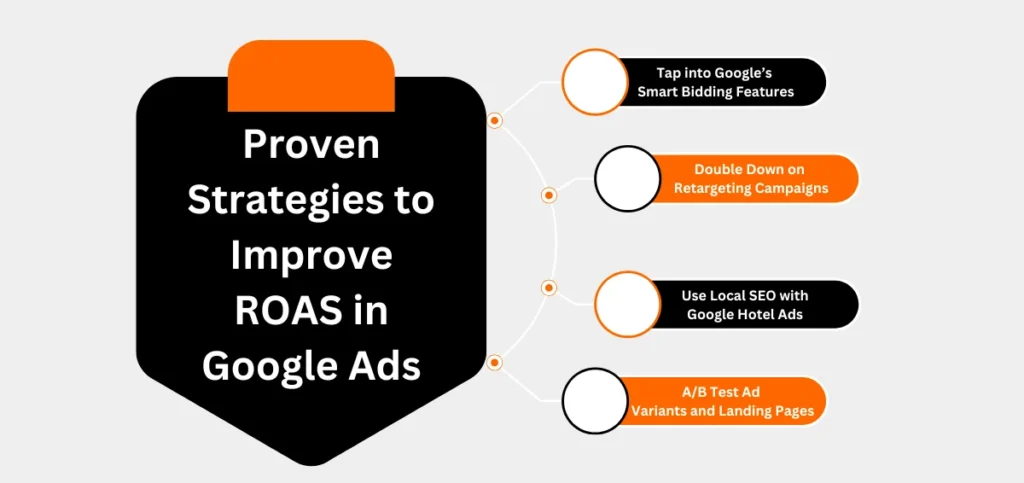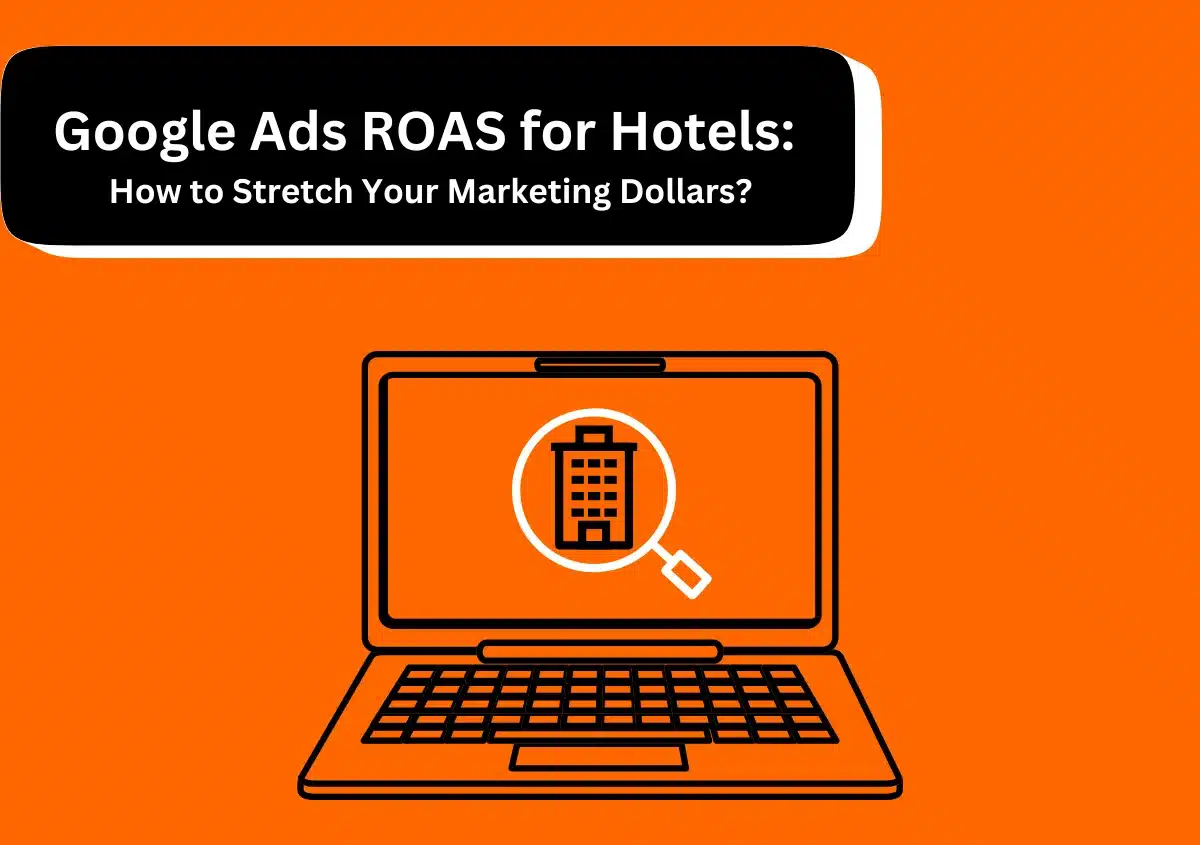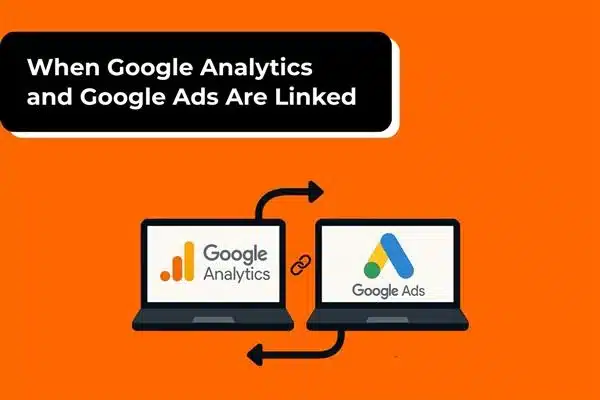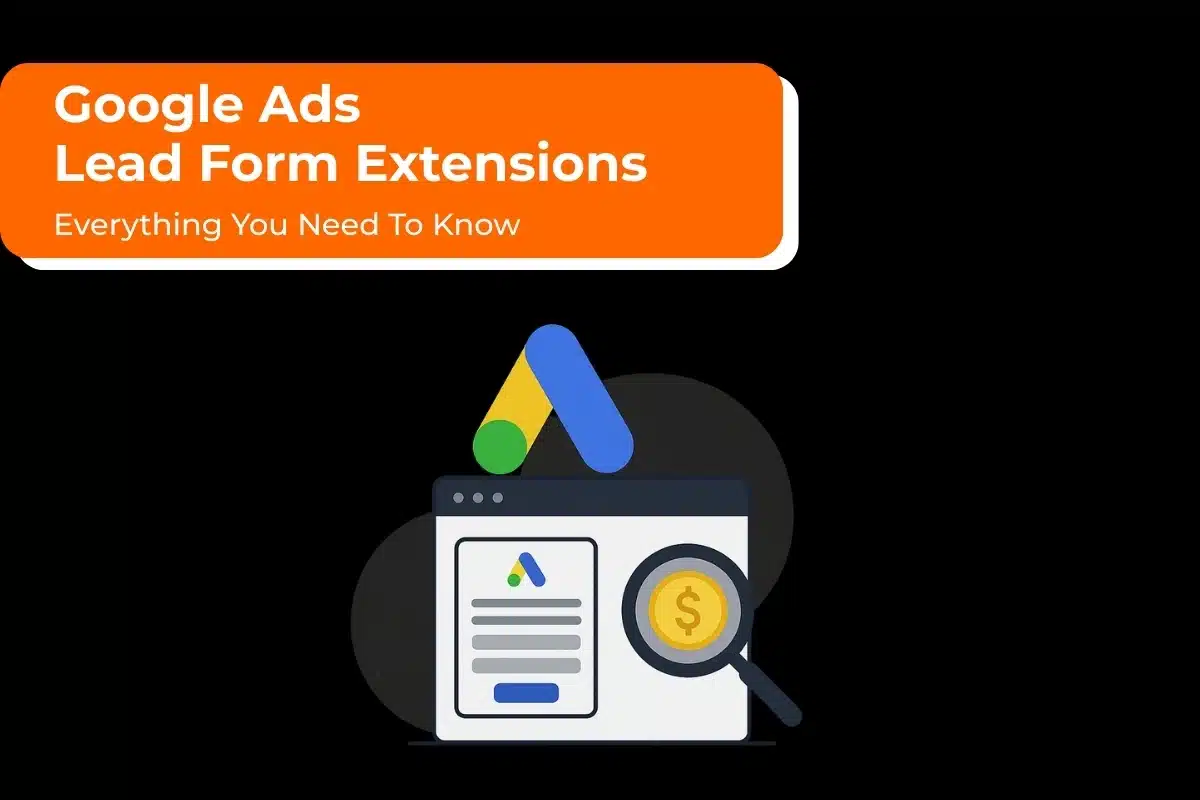In the travel and hospitality industry, Google Ads can be a game-changer—if used effectively. However, simply running ads isn’t enough. Hoteliers need to dig deeper into how much value their campaigns generate. That’s where ROAS (Return on Ad Spend) comes in. This critical metric sheds light on how well your marketing dollars translate into bookings and revenue.
Given the unpredictable nature of travel, improving ROAS for hotels takes both creativity and strategy. This article offers actionable insights, data-backed benchmarks, and real-world tips to help hotels make the most of their ad budgets.
What is ROAS, and Why Does It Matter for Hotels?
ROAS is the ratio of revenue earned to every dollar spent on ads. If you spend $1,000 on Google Ads and make $5,000 in bookings, your ROAS would be 5:1. The goal for most hotels is simple: spend less and earn more.
This metric is crucial because it gives marketing teams a clear picture of their ad efficiency. Whether you manage a family-owned inn or a luxury resort, understanding ROAS helps refine your ad strategies—especially in a sector where demand shifts rapidly with seasons, trends, and events.
What’s the Average Google Ads ROAS for Hotels?
Average Google ads ROAS for hotels can vary across the hospitality spectrum. For example, luxury hotels often see higher ROAS, thanks to their higher price per booking. Meanwhile, budget hotels aim for lower margins but steadier volumes. Here’s a quick breakdown based on industry data:
- Luxury Hotels: ROAS of 6:1 to 10:1
- Mid-Tier Hotels: ROAS of 4:1 to 6:1
- Budget Hotels: ROAS of 3:1 to 5:1
The Phocuswright 2023 report shows that mid-range and luxury hotels leveraging Google search ads see up to 15% higher ROAS than those relying only on display ads. This is because search ads capture high-intent travelers—those actively looking to book.
Read Also:- How to Calculate ROAS in Google Ads?
Common Challenges Affecting ROAS
Achieving a strong ROAS isn’t always smooth sailing. Hotels often face several obstacles that drag down their ad performance:
- Broad Targeting: Ads that aren’t fine-tuned to specific demographics waste money on clicks from uninterested audiences.
- Seasonal Swings: Campaigns that don’t account for seasonal demand shifts often miss peak booking windows.
- Weak Landing Pages: If your booking site is clunky or slow to load, potential guests will leave—cutting into your conversion rate. In fact, Sojern’s 2024 study found that hotels with fast, mobile-optimized booking pages saw 25% higher conversion rates. With 70% of bookings now made on mobile, ensuring a smooth user experience is no longer optional—it’s essential.
Need Help with Google Ads?
Proven Strategies to Improve ROAS in Google Ads

1. Tap into Google’s Smart Bidding Features
Google’s Target ROAS bidding lets the platform adjust bids automatically based on the likelihood of a conversion. Hotels that use automated bidding strategies generally experience fewer wasted impressions, boosting their return.
💡 Pro Tip: Start by setting conservative ROAS targets and gradually raise them as performance improves.
2. Double Down on Retargeting Campaigns
Many guests visit a hotel’s website multiple times before booking. Retargeting with RLSA (Remarketing Lists for Search Ads) helps nudge them toward making a reservation. Personalizing these follow-ups—perhaps with discount codes or free perks—can push your ROAS higher.
3. Use Local SEO with Google Hotel Ads
Many last-minute travelers rely on Google searches to find nearby accommodations. Optimizing your presence with Google My Business listings and running Google Hotel Ads ensures your property shows up when travelers search for “hotels near me.” This not only drives bookings but also improves your local ROAS.
4. A/B Test Ad Variants and Landing Pages
You’d be surprised how much a tweak in ad copy can affect your performance. Test different messages and visuals to see what resonates best. Similarly, optimize your booking pages by simplifying navigation and removing unnecessary steps—the fewer clicks to complete a booking, the better your ROAS.
Read Also:- A/B Testing in Google Analytics 4
Real-World Example: How a Boutique Hotel Boosted ROAS by 3x?
A small boutique hotel in California implemented a Target ROAS strategy, along with a series of personalized remarketing ads. Initially, their ROAS hovered around 2:1—barely breaking even. However, after refining their campaigns, they managed to triple their ROAS to 6:1 within six months.
The secret? They paired Google Analytics with their Google Ads account to track guest behavior and adjust bids based on booking trends. This approach helped them target their ads more effectively, increasing both click-through rates and overall bookings.
Tracking ROAS with the Right Tools
Monitoring ROAS regularly helps you course-correct campaigns in real-time. Here are some tools that make tracking easier:
- Google Analytics 4: Offers detailed insights into the booking funnel and shows which campaigns generate the most revenue.
- Google Ads Performance Planner: Forecasts future ROAS based on various budget scenarios, helping you plan smarter.
- SEMrush or Ahrefs: Track keyword performance and refine SEO to complement paid campaigns.
Conclusion
In a competitive market like hospitality, it’s no longer enough to just throw money at Google Ads. Measuring and optimizing ROAS is the key to staying profitable. By using smart bidding tools, retargeting the right audiences, and ensuring seamless booking experiences, hotels can turn ad spending into sustainable growth. If you’re still seeing a low ROAS, feel free to contact our Google Ads specialist.
Remember: the goal isn’t just to earn more—it’s to spend smarter. With the right strategies in place, you can squeeze every drop of value from your ad campaigns and outshine the competition.
Need Help with Google Ads?






